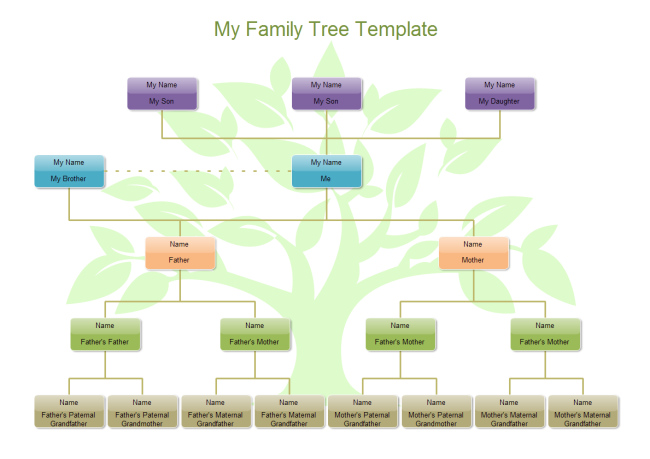


Be sure you use the maiden name and not the married name for women.Write down all birth, marriage and death information that you know for yourself, your parents, grandparents and so on.This is your road map that will show you where you need to begin your research and the correct path to follow. The first thing you must do is fill out a pedigree (ancestor) chart. Check your own home for documents, pictures, diaries, letters, newspaper clippings, etc.Ask about family tradition, old Bibles, pictures, and documents that may hold clues to your family's origins.They may provide information that will help you fill in some gaps before beginning your research. Be sure to talk to family members and relatives.Do not skip generations or you may miss important clues that can help you trace your family back to past generations. This is the most important rule to follow! Always prove death, marriage and birth information starting with yourself and working backwards through time. The following are suggested steps for those just beginning to research their family histories. All information should be documented and verified whenever possible. No information, published or unpublished, should be taken for granted. You will need to follow the different courses indicated by the clues that you have uncovered, and be able to master the technique of searching for documents in the various states as dictated by the migration of your ancestors. By the time you have gone back five generations, you will be researching thirty-two direct line ancestors. As you move back in time, the number of grandparents doubles with each generation. Do not neglect to research maternal as well as paternal lines. Remember that a family unit consists of two parents and their children. Each family should be traced as an individual unit. There is no set outline to follow to locate information on your particular family. You may discover more about where your ancestors came from, what adventures they may have had as pioneers, what businesses or trades they may have been involved in - many more interesting things about them and, at the same time, learn more about history. No one ever said that genealogy would be easy but it can be enjoyable and rewarding. Serious genealogical research takes time, patience, and persistence. It has been said that one should study the past in order to understand the present and anticipate the future.


 0 kommentar(er)
0 kommentar(er)
